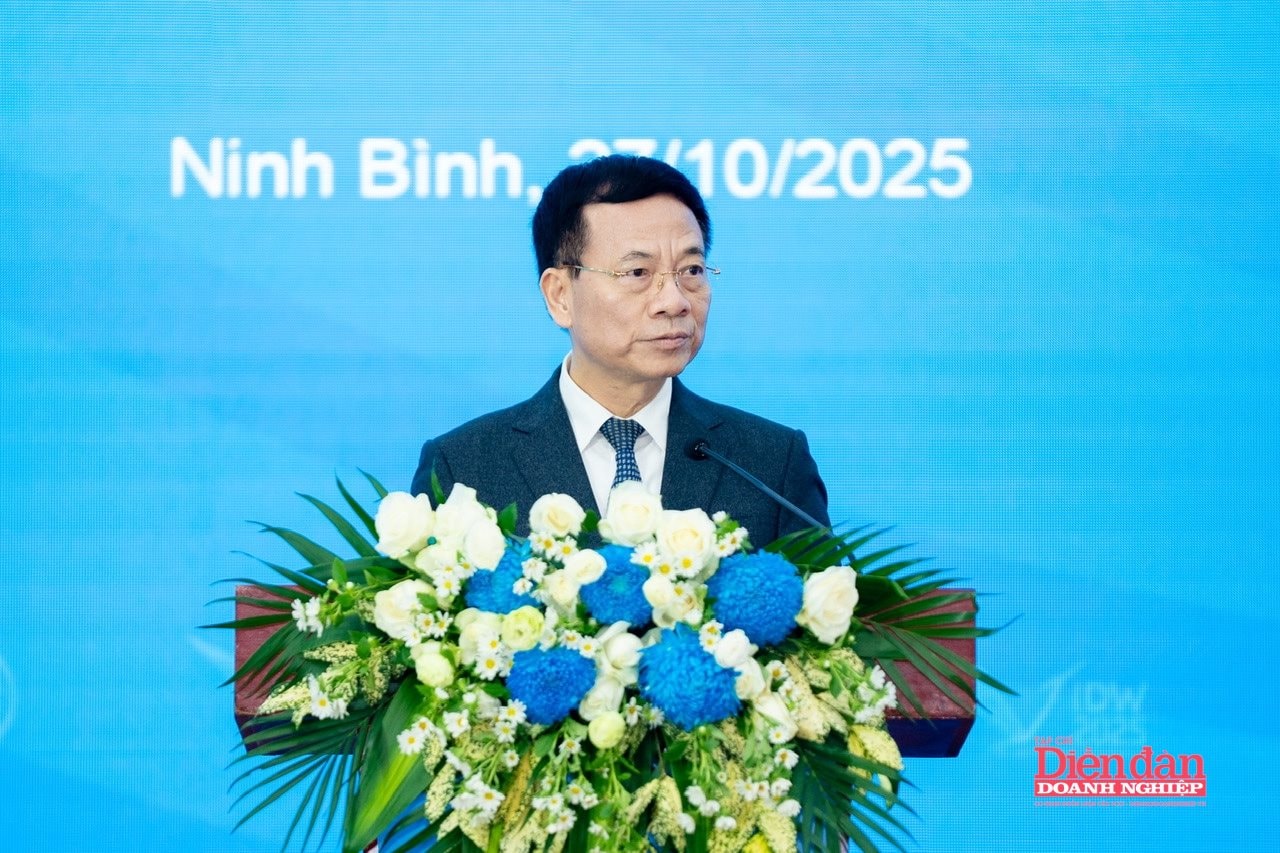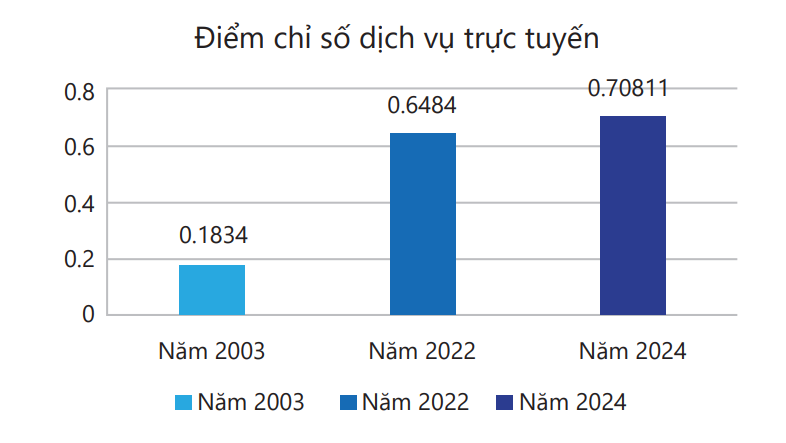Viet Nam shapes AI ethics in line with UNESCO standards
Viet Nam is progressively implementing UNESCO’s Recommendation on the Ethics of Artificial Intelligence (AI), aiming to foster responsible, human-centered, and inclusive AI for the benefit of all.
Since AI became widely accessible, debates over this breakthrough technology have intensified. The U.S. public was once shaken by a case in which an AI chatbot guided a 16-year-old toward suicide, while deepfake videos continue to spread across social media, blurring the line between truth and fabrication.
Beyond creativity, AI has triggered a wave of new challenges—from copyright disputes and data bias to algorithms that inadvertently encourage harmful behavior. What began as a technical issue has now evolved into an ethical, legal, and social question of global scope.
In response, UNESCO adopted the Recommendation on the Ethics of Artificial Intelligence in 2021—the world’s first global standard on AI ethics, unanimously endorsed by 193 Member States, to guide AI development in a responsible, fair, and human-centered direction.

Viet Nam’s Progress on AI Ethics
As one of the most open nations toward AI, Viet Nam is increasingly focusing on the ethical dimensions of this technology—a relatively new but crucial component of its national digital and technology strategy.
At the launch of Viet Nam’s AI Readiness Assessment Report (RAM) on 27 October, Minister of Science and Technology Nguyen Manh Hung stated: “In AI governance, we must walk a very narrow line between chaos and control, between freedom and fear. Our goal is not to restrict innovation, but to guide it with wisdom and responsibility so that AI truly serves humanity.”
The RAM findings show that Viet Nam has established a strong foundation for implementing UNESCO’s Recommendation. It is among the few Southeast Asian countries with a National AI Strategy to 2030, targeting the Top 3 in ASEAN and Top 50 globally.
Two major laws enacted in 2025—the Digital Industry Law (with a dedicated AI chapter) and the Personal Data Protection Law—have translated many of UNESCO’s ethical principles into legislation, including respect for human rights, transparency, and accountability.
However, the report notes that these frameworks remain largely at the policy level. Viet Nam has yet to establish a centralized coordinating body for AI, resulting in fragmented implementation, while mechanisms for accountability are still under development.
Scientifically, Viet Nam now ranks 26th globally in AI-related publications, a remarkable leap from 134th just a decade ago. More than 50 universities now offer AI programs, and the Ministry of Education and Training has introduced a National Digital Competency Framework (Circular 02/2025) emphasizing ethical and responsible AI use.

In terms of infrastructure, Viet Nam is rated “Very High” in the UN E-Government Development Index 2024, with 78 percent of its population online. The gender gap in internet access has narrowed from 10.3 percent (2018) to 4.4 percent (2023)—a positive sign for inclusive digital growth.
Public trust in technology and digital data also remains strong—an essential foundation for building a culture of responsible AI use. Yet, this very trust demands robust governance systems to protect users from algorithmic risks and misinformation.
Gaps and the Way Forward
Despite major progress, several gaps remain before Viet Nam can fully meet UNESCO’s Recommendation.
A lack of binding enforcement mechanisms makes it difficult to translate ethical principles into concrete action. Meanwhile, the pool of high-quality AI professionals—only about 5,000 to 7,000 engineers, mostly concentrated in major cities—remains limited amid surging demand for data scientists and machine-learning experts.

Diversity and inclusion within the AI sector also need improvement. Data on ethnic minority languages are almost nonexistent, and women remain under-represented in core technical roles. Such imbalances not only reduce inclusiveness but also risk producing AI systems that are biased and socially unreflective.
Another policy gap lies in the intersection of AI, the environment, and sustainable development. Viet Nam currently lacks assessments of energy emissions, e-waste, or resource consumption from AI systems—factors directly relevant to the country’s green-growth goals.
To address these challenges, the RAM outlines a six-pillar action roadmap, emphasizing:
- Updating the National AI Strategy to integrate ethics, diversity, and sustainability;
- Embedding ethical AI principles into legislation, particularly the Digital Industry Law and Personal Data Protection Law;
- Mainstreaming AI ethics education across all levels—from schools to civil-service training—to cultivate responsible digital citizens.
The report further recommends strengthening national data-sharing frameworks, promoting AI for social good, and investing in low-resource language research to ensure that all communities benefit from technological progress and that no one is left behind in the digital age.
UNESCO Representative to Viet Nam, Jonathan Wallace Baker, observed, “Viet Nam has both the solid foundation and the real potential to become a regional role model in showing how ethics can guide digital transformation and AI development.”
Minister Nguyen Manh Hung echoed this view, affirming that a sustainable AI ecosystem must rest on four pillars: strong institutions, modern infrastructure, high-quality human talent, and a human-centered AI culture.
“We are walking a narrow path between global cooperation and national sovereignty, between innovation and control, and between open data and protected data,” he emphasized.








